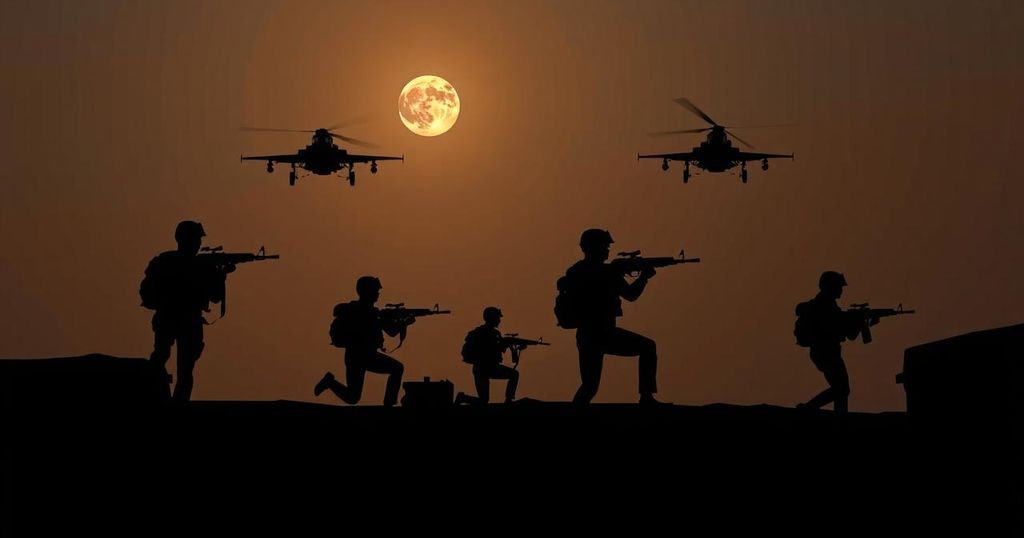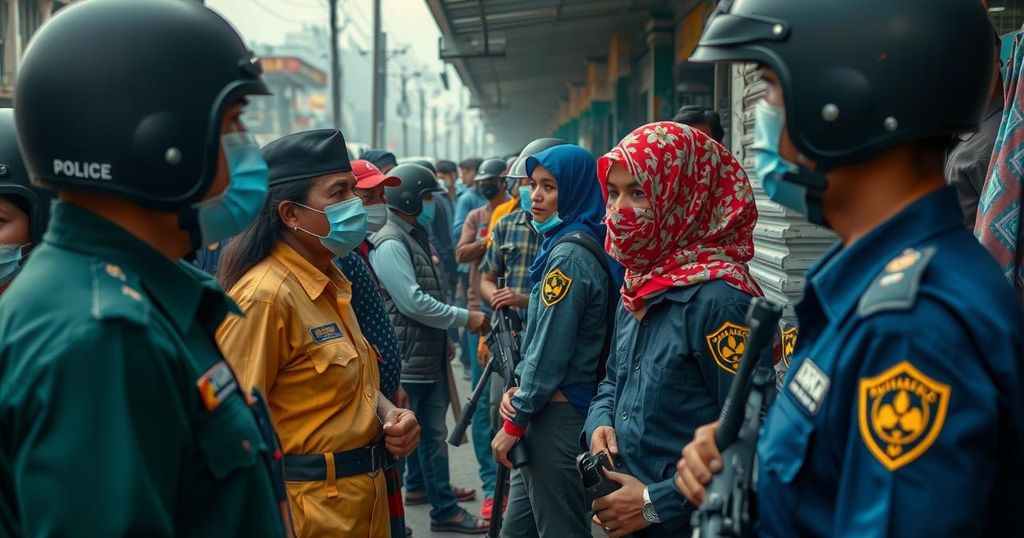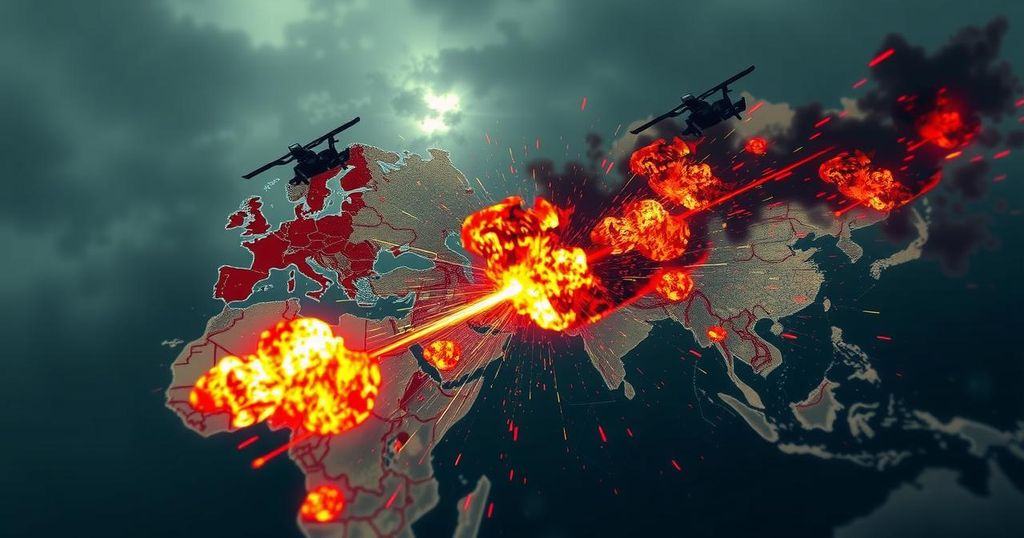Egypt and Somalia to Conduct Joint Military Exercises Amid Rising Tensions with Ethiopia
Egypt and Somalia are scheduled to conduct joint military exercises in Somalia, an initiative that is anticipated to heighten tensions between Egypt, Somalia, and Ethiopia, as reported by security officials to The National. These military drills, set to occur this month, will encompass ground, air, and naval forces, although specific details regarding the start date, duration, and troop numbers remain undisclosed. An official commented, “The drills will convey a clear message regarding our unwavering commitment to cooperation and the protection of Somalia,” emphasizing that the exercises symbolize more than mere military practice.
This development follows Egypt’s recent communication to the United Nations Security Council, in which it expressed concern regarding Ethiopia’s unilateral actions related to the Grand Renaissance Ethiopia Dam (GERD). Egypt contends that Ethiopia’s policies regarding the dam’s construction and reservoir filling, executed without consultations with downstream nations, jeopardize regional stability. Foreign Minister Badr Abdel Atty’s letter elaborated that Egypt has engaged in sincere negotiations with Ethiopia for thirteen years, which all but ceased due to Ethiopia’s aim to perpetuate discussions as a cover for establishing a de facto situation that undermines Egypt’s interests.
The timing of the announcement about the military drills is notable, occurring shortly after Egypt commenced sending military personnel, armaments, and equipment to Somalia under an agreement established the previous month. Ethiopia has reacted strongly to this military partnership, expressing that such actions would destabilize the Horn of Africa region and could lead to unprecedented circumstances.
Relations between Egypt and Somalia have strengthened further following Ethiopia’s preliminary agreement with Somaliland, which involves leasing coastal land in exchange for recognition of Somaliland’s independence. Somalia has vocally opposed this agreement, perceiving it as an infringement of its sovereignty, and has claimed it would utilize all necessary means to thwart Ethiopia’s actions, including repatriating approximately 10,000 Ethiopian troops currently stationed in Somalia for peacekeeping efforts against Al Shabab militants.
Additionally, Egypt’s government is considering applying to the African Union to participate in a fresh peacekeeping mission in Somalia. However, details remain unclear regarding whether existing Egyptian troops will form the base of this new contingent. Reports in the Egyptian media have suggested a potential deployment of up to 10,000 troops, although no official statements have yet been made regarding these developments. Security officials indicated that the troop presence aims to enhance Somali defense capabilities, train local forces, and protect vital national institutions and officials.
The presence of Egyptian forces in Somalia could lead to increased proximity to Ethiopian peacekeepers in the region, raising concerns about potential confrontations. Egyptian President Abdel Fattah El Sisi has repeatedly categorized the impact of the GERD as an existential threat requiring vigilant and decisive action. Diplomatic efforts to resolve the longstanding disputes between Egypt and Ethiopia have consistently failed, placing the region at risk of further instability, particularly given the ongoing civil strife in neighboring Sudan that has resulted in a significant humanitarian crisis and widespread displacement.
Moreover, the stability of maritime routes in the Red Sea is under jeopardy due to attacks attributed to Iranian-backed Houthi forces in Yemen, further complicating the regional security landscape. Such incidents have diminished Egypt’s earnings from the Suez Canal, a critical revenue source for the nation. With a population exceeding 106 million, Egypt relies predominantly on the Nile River for its freshwater supply. The government asserts that any reduction of its Nile water allocation would imperil food security and agricultural employment. In contrast, Ethiopia maintains that the GERD is vital for its development and reassures Egypt that its construction poses no threats to downstream users of the river’s resources. The majority of the Nile’s waters reaching Egypt originate from the Blue Nile, which converges with the White Nile in Khartoum before flowing northward into Sudan and Egypt’s deserts.
In a reiteration of its stance, Egypt affirmed to the Security Council that it is prepared to assert its right to defend the interests of its citizens in alignment with the principles outlined in the UN Charter. This situation merits close observation as it has the potential to escalate existing regional tensions.








Post Comment